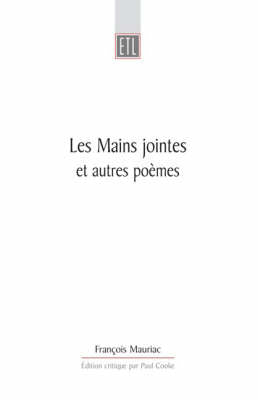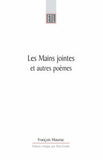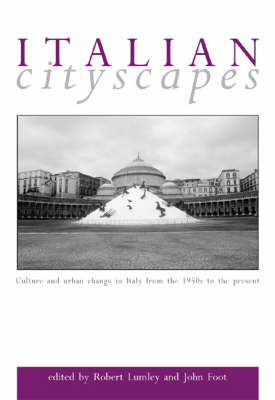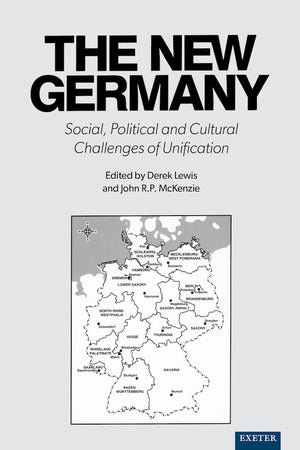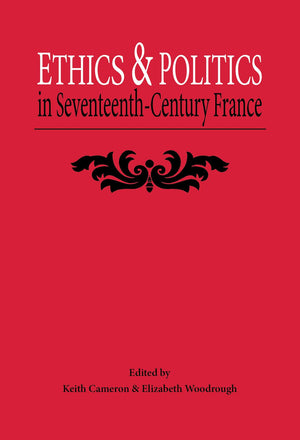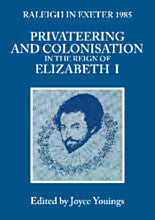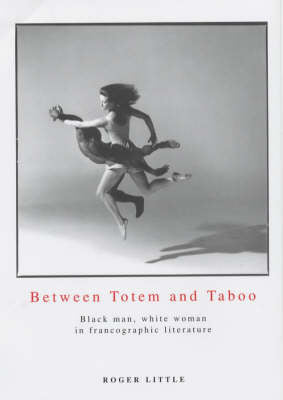University of Exeter Press
Les Mains Jointes Et Autres Poèmes (1905-1923)
A Critical Edition
Couldn't load pickup availability
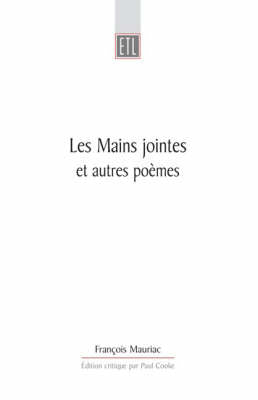
- 192 Pages
Les Mains jointes (1909) was the collection of poetry that launched the long career of Nobel Prize-winning author François Mauriac (1885-1970). This critical edition provides the first ever overview of the volume’s complex textual history (spanning four decades). Drawing on Mauriac’s unpublished cahiers de jeunesse, Paul Cooke challenges the author’s claim that the majority of the poems in the collection were written while he was still at school. A selection of additional poems published between 1905 and 1923 (some of which have remained hidden for nearly a century) allows the reader to situate Les Mains jointes in relation to Mauriac’s wider verse output. In his Introduction, Cooke both explores the genesis and history of Les Mains jointes and offers some analysis of Mauriac’s style as a poet.
Les Mains Jointes (1909) was the collection of poetry that launched the long career of Nobel Prize-winning author François Mauriac (1885-1970). This critical edition provides the first ever overview of the volume’s complex textual history (spanning four decades).
Sigles et abreviations, vii; Introduction, ix; Remerciements, xxix; LES MAINS JOINTES; I L'ECOLIER; L'Ecolier, 5; L'Ame ancienne, 6; Ami d'enfance, 7; Grandes vacances, 8; Vacances de Paques, 11; II L'ETUDIANT; Depart, 15; [L'Etudiant] I, 15; [L'Etudiant] II, 16; [L'Etudiant] III, 16; [L'Etudiant] IV, 17; Evocation, 17; III L'AMI; [L'Ami] I, 21; [L'Ami] II, 21; A un apotre, 22; Le Vaincu, 23; Souvenir, 24; Le Desert, 25; Trahison, 26; Veillees, 27; Chanson, 28; Contrition, 29; Le Dernier Soir, 29. IV UNE RETRAITE; Une retraite, 33; I: Les Livres, 33; II: La Messe, 34; III: L'Examen particulier, 34; Le Sens de la vie, 36; Les Sables, 37; Le Desastre, 38; La Pecheresse, 39; Faiblesse, 40; L'Immuable, 40; L'Inconnu, 41; L'Illusion, 42; La Peine, 43; A la memoire de R. L., 43; AUTRES POEMES (1905-1923); [Confidences], 47; Intellectuels, 50; L'Abandon, 51; La Maddalena de G. Bellini, 52; Nocturne, 53; Elegie, 54; Les Morts du printemps, 58; Poemes [1921]; [I], 63; [II], 64; [III], 64; [IV], 65; Cybele possedee, 66; Fils du ciel, 67; Ganymede, 68; Delectation, 68; DOSSIER; Notes et variantes, 73; Bibliographie, 110.







